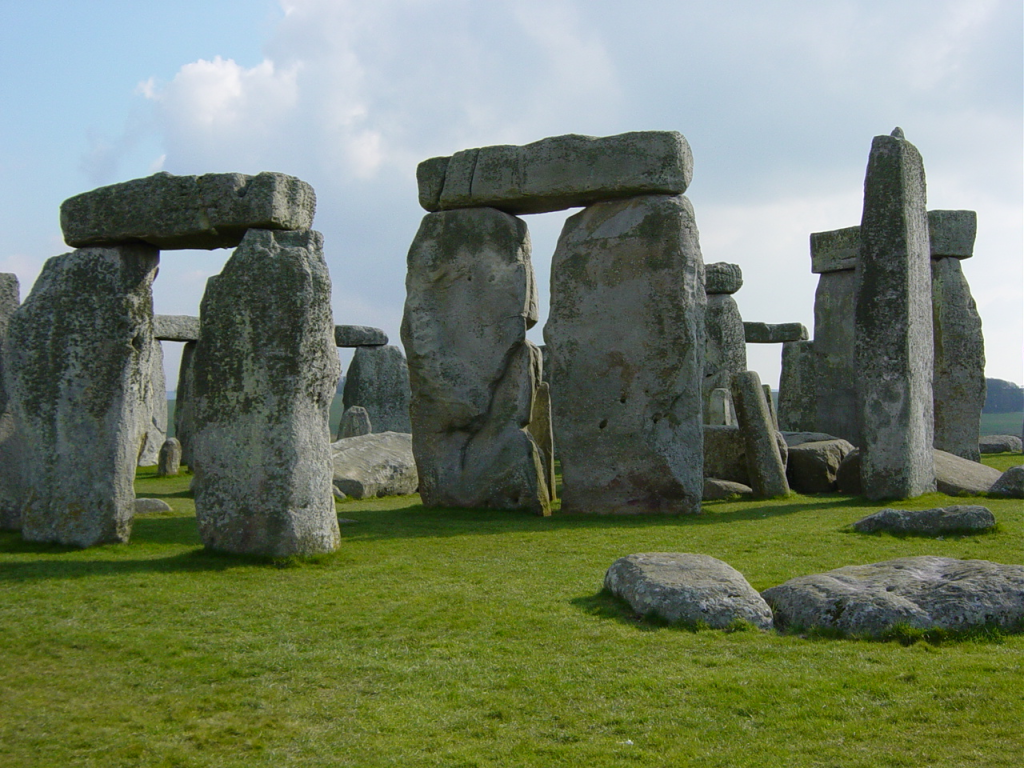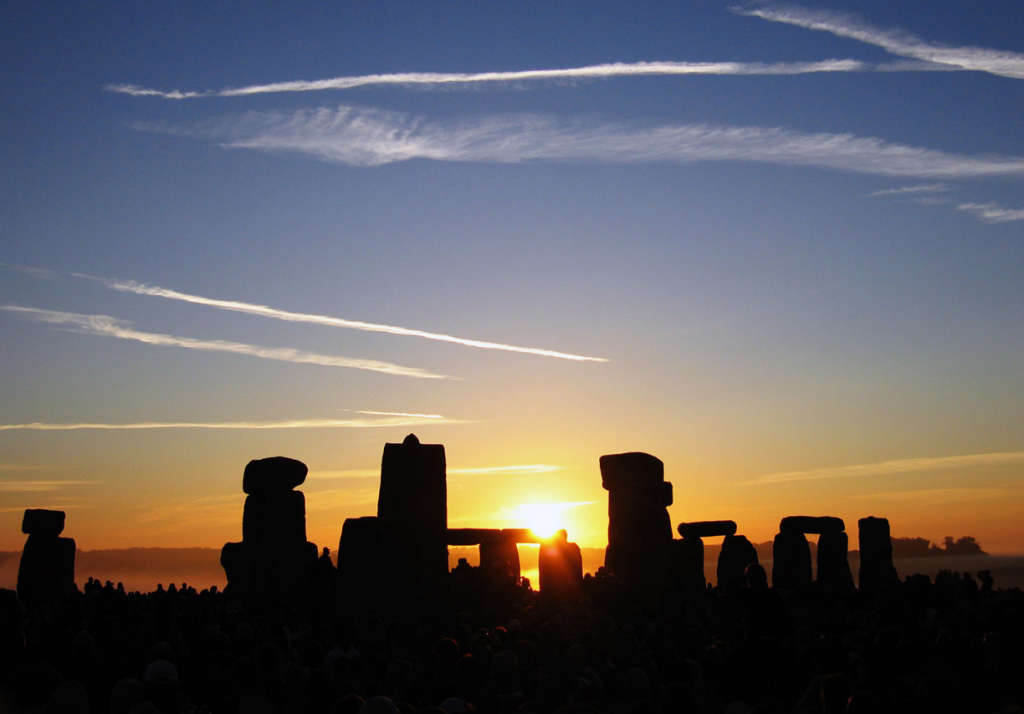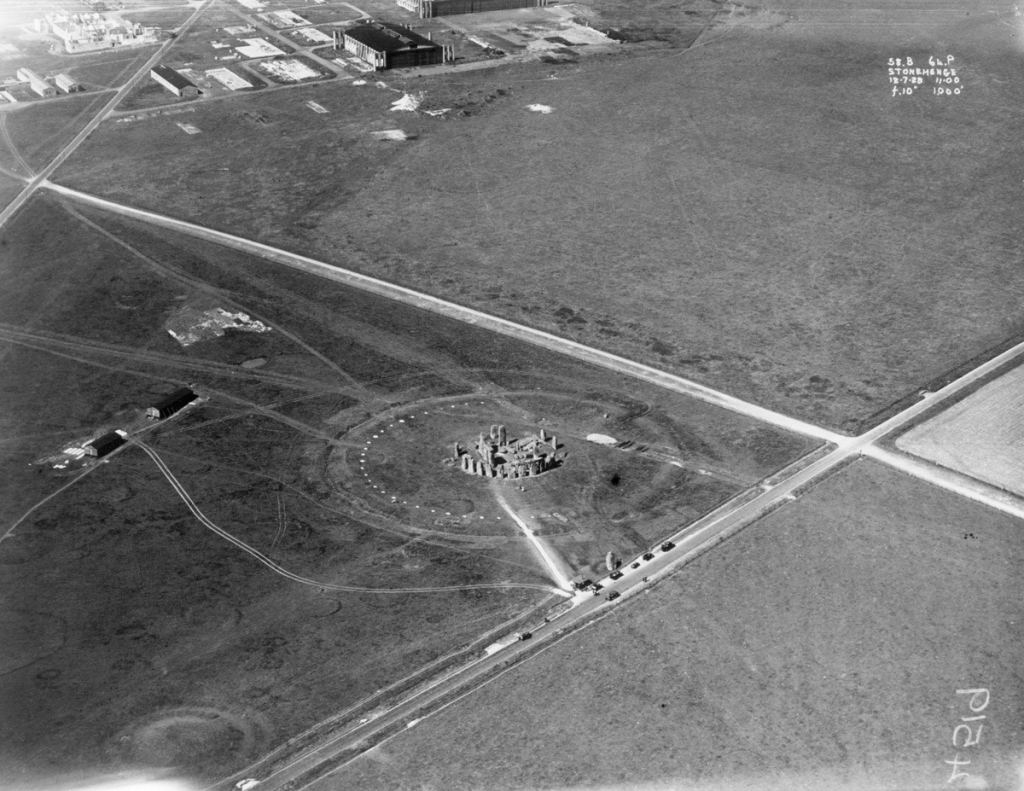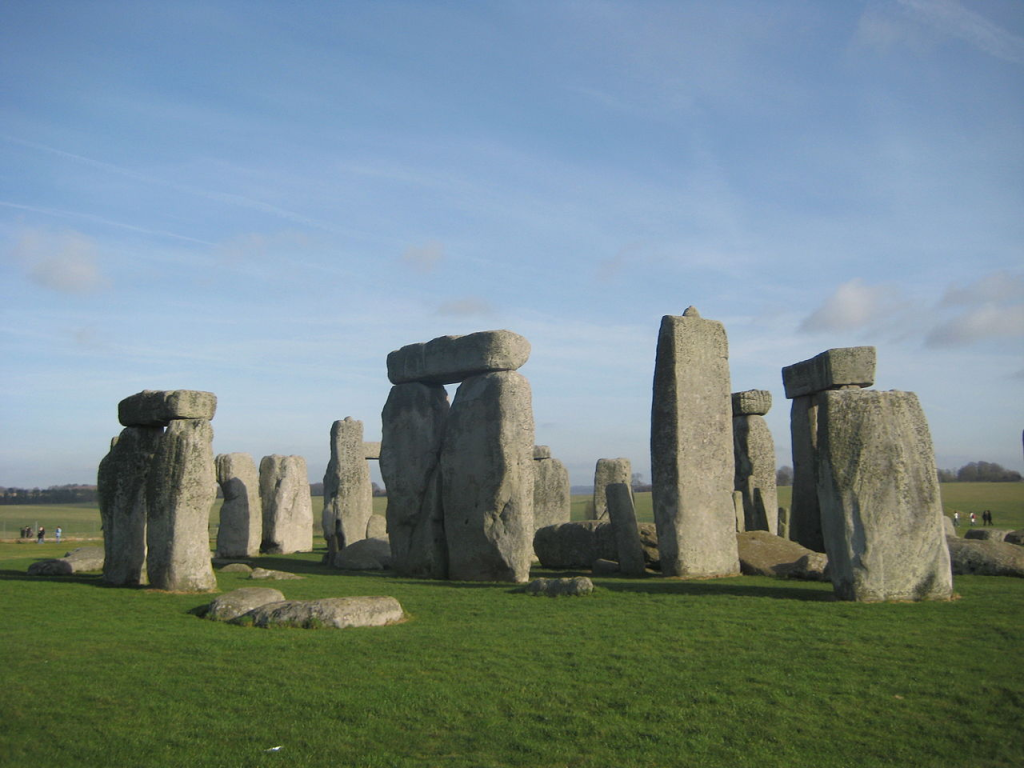Stonehenge’s Newest Mystery
Stonehenge, the ancient monument in England, has puzzled people for centuries. Recently, a surprising discovery added another layer to the mystery. Researchers found that the famous Altar Stone at the site did not come from Wales, as previously believed, but likely from Scotland. This revelation challenges the long-standing ideas about the origins of the stones used to build this ancient site.

The Journey of the Altar Stone
For many years, experts thought that the Altar Stone, a large slab of sandstone in the center of Stonehenge, came from the Preseli Hills in Wales. This made sense because other stones at the site, known as bluestones, were traced back to that area. However, recent chemical analysis shows that the Altar Stone has a different composition, indicating that it might have originated from the Orcadian Basin in northeastern Scotland.

A Challenge for Ancient People
The idea that the Altar Stone was transported over 500 miles from Scotland to southern England is astonishing. Moving a six-ton stone across such a vast distance would have been a monumental task, especially considering the technology available 4,000 to 5,000 years ago. This discovery raises many questions about how the ancient people managed such an incredible feat.

Connections Across Ancient Britain
This new information suggests that the people who built Stonehenge were part of a much larger and more connected society than previously thought. The transportation of the Altar Stone from Scotland to Stonehenge indicates strong cultural or religious motivations, even if it meant overcoming significant challenges.

The Search for the Source
Experts are now eager to find the exact location in Scotland where the Altar Stone was quarried. Knowing the stone’s origin could provide important insights into why it was chosen and how it was transported to Stonehenge. Researchers hope to determine whether the stone came from the Scottish mainland or one of the islands, which could explain the methods used to move it.

Public Fascination Grows
The discovery has not only excited archaeologists but also captured the public’s imagination. The ongoing mysteries of Stonehenge continue to fascinate people around the world. As more details about the stone’s origins are uncovered, our understanding of this ancient monument grows deeper.

Unanswered Questions
Despite the progress made, many questions remain unanswered. Why was the Altar Stone brought from so far away? How did the builders of Stonehenge manage to transport such a massive stone without modern tools? These questions add to the enduring intrigue surrounding Stonehenge and its construction.

The Monument’s Hidden Secrets
As researchers continue to investigate, they are likely to discover even more surprising details about Stonehenge. Although the monument is thousands of years old, it still holds secrets waiting to be revealed. Each new finding brings us closer to understanding the people who built it and the world they lived in.

A Testament to Ancient Ingenuity
The journey of the Altar Stone from Scotland to Stonehenge is a testament to the ingenuity and determination of ancient people. As we learn more about how they accomplished such feats, we gain a greater appreciation for the complexity and significance of this remarkable monument.

Looking Forward
As scientists continue their work, we can only imagine the incredible stories yet to be told. Stonehenge remains one of the greatest marvels of the ancient world, and with each discovery, we get a step closer to unlocking its mysteries. The future of Stonehenge research promises to be as exciting as its past.





